In the fire service, alcohol can play a central role in social activities and tradition. Fire fighters will offer a variety of reasons for drinking alcohol — it builds camaraderie, enhances celebrations or eases the transition home after a long shift.
For fire fighters in recovery from alcohol or substance abuse, the season between Thanksgiving and New Years can be an especially challenging time. To protect your sobriety throughout the holidays, stay vigilant by planning for these common relapse pitfalls.
- Changes in Normal Routine. During the holidays, your normal shift schedule may be impacted in some way. You decide to take a day off to attend your family’s holiday gathering or pick up a friend’s shift so they can do the same. This means established times for recovery behaviors that support your sobriety — attending A.A. meetings, getting adequate sleep, exercise or enjoying relaxing hobbies — are likely to be disrupted. Skipping just one of these activities can have a big impact. If you know your routine will be thrown off this holiday season, plan to schedule time for critical self-care.
- Access to Alcohol and Substances. An alcohol and drug-free environment may be essential to your recovery. But during the season of holiday parties and house gatherings, alcohol is often accessible and readily enjoyed by those around you. Plan for both anticipated and unanticipated opportunities for alcohol or drug use. For example, an innocent trip to use the bathroom at a friend’s party could mean an unintentional encounter with a bottle of prescription medication. For gatherings you feel obligated to attend, consider reminding the organizer ahead of time you are not drinking or commit to bringing a friend who can double as an accountability partner.
- Holiday Blues. Regardless of what you celebrate, for many, the holiday season symbolizes fellowship, rituals and connection with loved ones. If you have suffered the loss of a loved one, divorce or recent major life transition, the holidays can reopen unresolved wounds. While the physiological cravings of your addiction may be gone, intense emotions such as grief, depression or anger can trigger psychological cravings at any time. Be vigilant by anticipating what specific days or situations are likely to trigger your blues.
- Family Stressors. Your self-care throughout the year probably relies on surrounding yourself with positive support, while limiting time with individuals who cause you unnecessary stress. For some, family get-togethers can trigger unhappy memories of seasons past or an unpleasant encounter with a toxic relative. Setting personal boundaries is essential to your recovery 12 months out of the year, and the holidays are no different. If seeing family is stressful for you, have a plan for how you will cope before, during and after the encounter.
- Disruption in Treatment. If you’re struggling with addiction and co-occurring mental health issues, you deserve access to consistent quality mental health care throughout the year. However, you may find that it’s more difficult to get a timely appointment or a phone call back from your provider during the holiday season. Missing routine appointments or medications that help regulate your mood is an unfortunate, common and preventable relapse trap. Plan by ensuring you have an adequate medication supply and consider attending a support group if your counselor or therapist is unavailable.
While the holidays can present a vulnerable time, a proactive approach to self-care will help you start a safe and healthy 2020. If you have already experienced a setback in your recovery or feel you need more intensive support, don’t wait until the new year. Get help today.
The IAFF Center of Excellence for Behavioral Health Treatment and Recovery is a comprehensive treatment center designed exclusively for IAFF members struggling with addiction, PTSD and other co-occurring mental health problems. Call today for a free and confidential screening.
Lauren Kosc, M.A., LCPC is a behavioral health specialist, clinician and blog editor for the International Association of Fire Fighters. If you are an IAFF member in recovery and want to share your story, contact lkosc@iaff.org.





